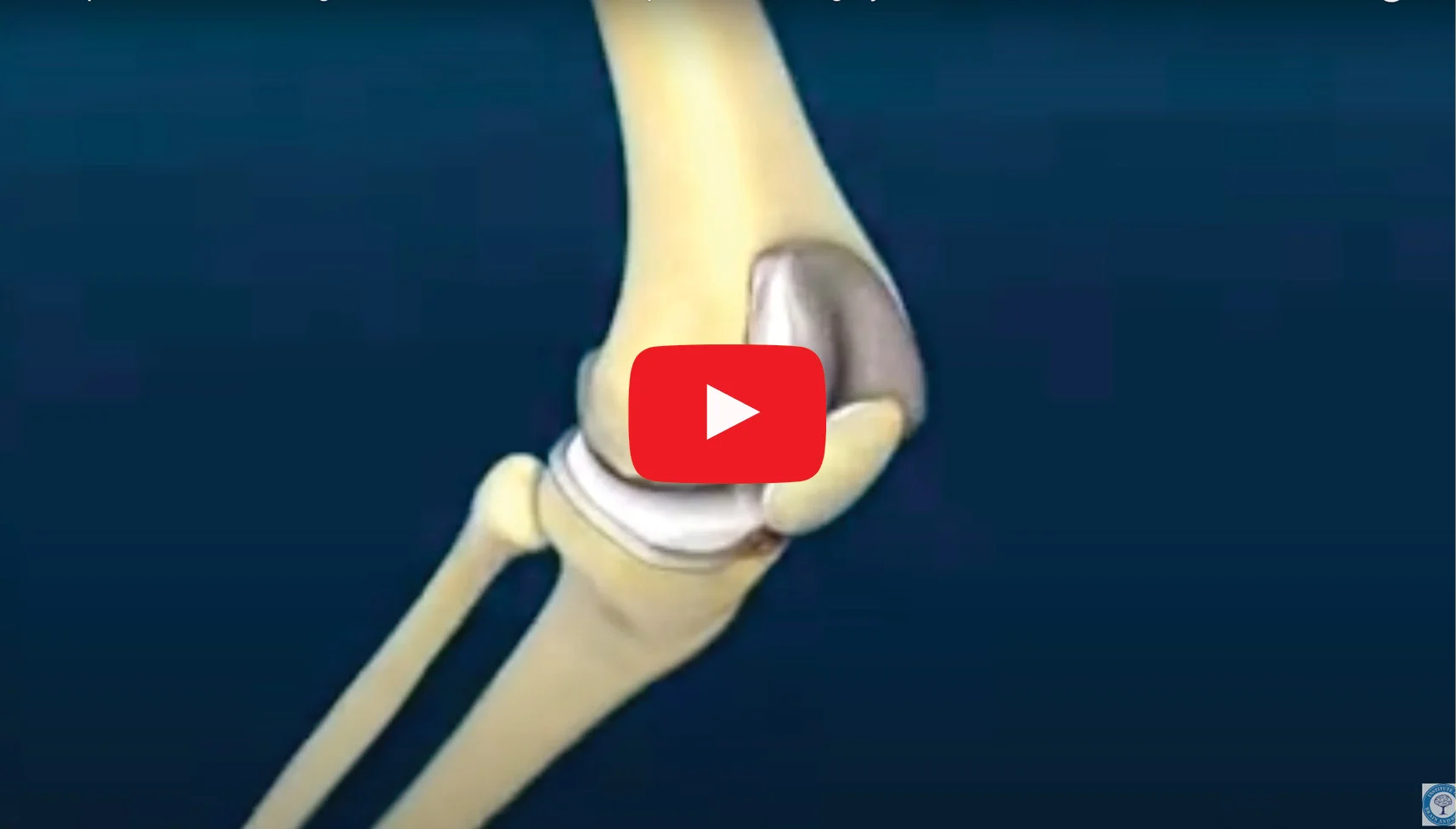
Step into an era of pain-free living with IBS Hospital’s advanced MIS knee replacement. Tailored for seniors seeking unhindered mobility, our experts redefine comfort by alleviating knee pain and discomfort. Experience a life without constraints, exclusively at IBS Hospital.
What is Knee Replacement?
Knee Replacement emerges as a highly recommended therapeutic avenue for individuals grappling with deteriorated knee joints. This intricate procedure involves the meticulous substitution of compromised knee joint components with meticulously crafted prosthetic elements, tailored to address each patient’s distinct needs. The compromised joint undergoes a precise removal process, thoroughly eliminating remnants from the femur and tibia termini. Skilfully anchored in place using specialized cement, the prosthetic caps not only alleviate pain and related symptoms but also aspire to enhance the patient’s quality of life, empowering them to resume routine activities like stair climbing with newfound ease.
What are the different types of Knee Replacement?
Knee Replacement procedures encompass various types that cater to specific needs:
- Total Knee Replacement: Involves the comprehensive replacement of all components of the knee joint.
- Partial Knee Replacement (Uni- compartmental Knee Replacement): Targets specific portions of the knee joint.
- Knee Cap Replacement (Patellofemoral Replacement): Ideal for cases with localized damage to the underside of the kneecap.
- Revision Knee Replacement: Corrects previous replacement procedures, ensuring enhanced outcomes.
What are the indications that make Knee Replacement Surgery a recommended option for patients?
- Visible Joint Damage: Confirmed through imaging studies.
- Moderate to Severe Knee Pain: Persistently worsening over time.
- Aggravated Pain with Movement/Activity: Impacting daily life.
- Reduced Knee Function: Hindering overall well-being. These conditions often stem from age-related wear and tear, degenerative joint diseases, or injuries.
What are the advantages of Knee Replacement?
Relief from Pain and Discomfort: The procedure alleviates persistent knee pain, enhancing comfort.
- Improved Quality of Life: Overall well-being receives a boost.
- Enhanced Mobility and Range of Motion: Active lifestyles become feasible.
- Improved Function: Daily activities and tasks are facilitated.
What can I foresee if I require Knee Replacement?
Before the Surgery:
- Thorough Medical Evaluation: A comprehensive assessment is conducted to aid doctors in determining the most suitable treatment approach.
- Detailed Procedure Briefing: Patients areprovided with a clear understanding of the surgical procedure and what to anticipate. • Medication Disclosure: Your doctor must be informed about all medications you are taking. Adjustments in dosage or cessation might be necessary.
On the Day of Surgery:
- Check-In and Team Introduction: Patients arrive at the hospital for admission. A designated nurse guides and supports you through the process.
- Meeting the Surgical Team: You are introduced to the surgical team and staff responsible for your care.
- Anaesthesia and Duration: The surgery is conducted under anaesthesia and typically lasts between 1 to 2 hours, depending on the extent of damage.
Recuperation in the Hospital:
- Observation and Critical Care: After the surgery, patients are monitored closely in the observation room until they regain consciousness.
- Post-Operative Care: Vigilant care and observation during the hospital stay contribute significantly to successful recovery.
- Pain Management: Discomfort is a natural part of the healing process, and prescribed medications help manage it effectively.
- Timely Discharge: Patients are usually discharged within a day or two, based on their individual prognosis.
- Initiation of Physiotherapy: Physiotherapy begins within hours after the surgery to promote rapid recovery and prevent complications.
- Personalized Discharge Plan: A tailored discharge plan is provided, outlining medication and other essential details.
Recuperation at Home:
- Guidelines for Home Recovery: Comprehensive guidelines encompassing medication management, wound care, daily activities, and diet are provided.
- Scheduled Follow-Ups: Regular follow-upappointments are crucial to assess your recovery progress accurately.
Follow-up Care:
- Communication with Your Doctor: Staying in contact with your doctor facilitates a swift and hassle-free recovery.
- Regular Follow-Ups: Ongoing follow-ups are essential for monitoring your prognosis and overall recovery trajectory.
Our team of experts that make it possible
Meet the team of highly specialised and experienced neurosurgeons, neurologists, orthopedicians, and other experts in the field of neurology and spine care. Our team is dedicated to providing personalised and compassionate care to each patient, with the goal of helping them achieve the best possible outcomes.
IBS Hospital Empowers Your Treatment with Cutting-edge Technology
We continuously incorporate cutting-edge technologies from around the world into our offerings, such as a surgical system that allows for precise and confident complex procedures. We use magnetic stimulation to treat certain neurological conditions and create personalised brain maps for tailored treatment plans. Nerve monitoring during surgeries ensures the nervous system is not compromised, and a robotic exoskeleton aids in mobility issues. Our goal at IBS Hospital is to provide the best care possible, utilising the latest and most innovative technologies available.








